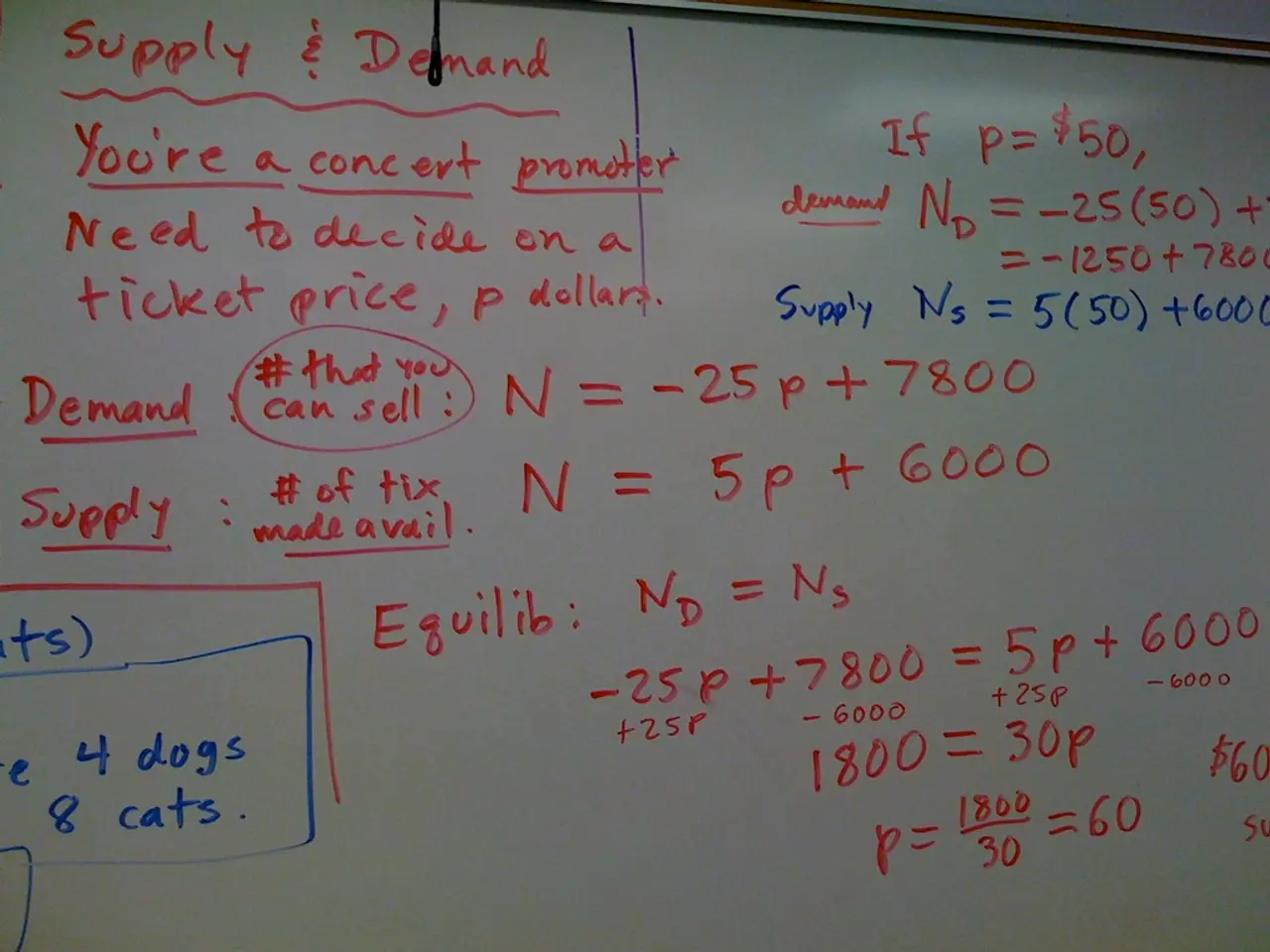Transforming Frustration into Focus: Assessing Dyslexia's Effects
Dyslexia evaluations are essential tools in understanding the unique learning challenges faced by individuals with this learning disorder. These evaluations provide valuable insights into the way a person's brain processes written language, helping to unlock their potential and open up better paths for learning.
At the heart of a dyslexia evaluation are several key tests. The WIAT (Wide Range Intelligence Test) and the Woodcock-Johnson are commonly used tests, each targeting different aspects of a person's cognitive functioning. Phonological awareness tests assess the ability to recognize and manipulate sounds in words, a core difficulty in dyslexia that underlies problems in decoding and word reading accuracy. Rapid naming assessments measure how quickly an individual can name familiar visual stimuli, a skill often slower in those with dyslexia, reflecting deficits in accessing phonological information quickly and fluently.
Reading and spelling assessments evaluate actual literacy skills to identify patterns of difficulties consistent with dyslexia. These assessments look at decoding, reading fluency, comprehension, and spelling, helping to reveal whether a person's literacy struggles align with typical dyslexic profiles. Cognitive and memory tests probe processing speed, working memory, verbal comprehension, and attention, shedding light on the underlying cognitive factors that contribute to reading and spelling difficulties in individuals with dyslexia.
Together, these assessments form a comprehensive profile that shows whether a person's difficulties stem from the phonological and processing deficits characteristic of dyslexia or other causes. This multifaceted approach also informs tailored, evidence-based interventions and accommodations.
For those with dyslexia, classroom tools like extra time, text-to-speech and audiobooks, speech-to-text for writing assignments, note-taking support, and graphic organizers can be invaluable. Top-rated interventions for helping someone with dyslexia include the Orton-Gillingham method, structured literacy programs like Wilson and Barton, and one-on-one tutoring with a trained specialist.
It's important to note that testing for dyslexia is not a pass/fail situation, but rather a process of solving puzzles and playing with words. A full report is provided after testing, which includes whether dyslexia (or another learning difference) is present, the learner's strengths and challenges, and recommendations for both school and home.
Dyslexia can affect individuals of all ages, including teens and adults. Forgetting how to spell the same word multiple times, struggling with decoding, or showing signs of slow reading are all indicators that may warrant further investigation.
In summary, a dyslexia evaluation integrates a variety of tests to provide a holistic understanding of a person's learning abilities. By assessing phonological awareness, rapid naming, reading and spelling abilities, and cognitive and memory tests, these evaluations are critical to accurately diagnosing dyslexia and guiding effective support.
- The blog post delves into the importance of storytelling about learning disorders like dyslexia, highlighting the value of dyslexia evaluations in education-and-self-development.
- Science has led to the development of various tests for dyslexia, such as the WIAT and the Woodcock-Johnson, aimed at understanding health-and-wellness issues like mental-health and neurological-disorders.
- A comprehensive dyslexia evaluation can help identify learning challenges and reveal the unique learning needs of an individual, paving the way for better learning outcomes and mental-health support.
- In the realm of health-and-wellness, understanding and addressing medical-conditions like dyslexia through learning and self-development can empower individuals with valuable skills for their personal growth and professional success.




